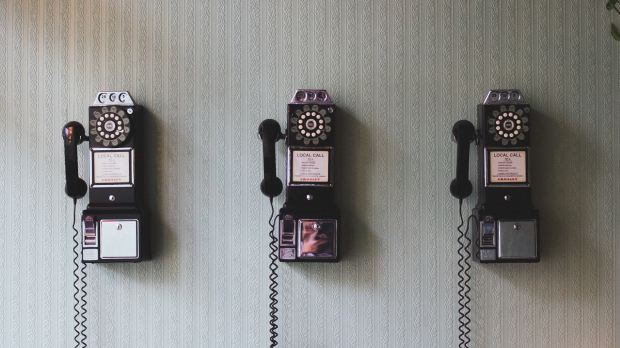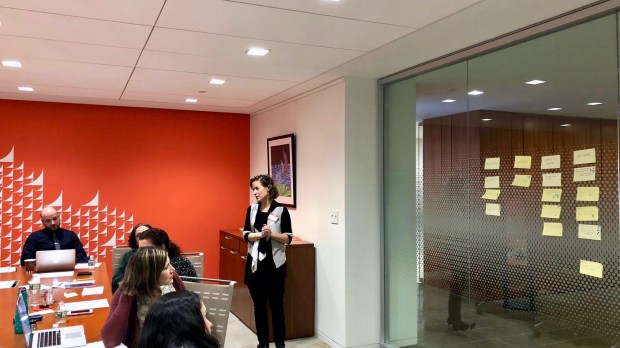At Elevate! in Chicago, CEO Austin discussed Alley’s recent design work for The Dallas Morning News with Mike Orren, their Chief Product Officer. Learn about their conversation, through the lens of a metaphor that he often uses to discuss how to make tough choices about page speed while designing a news website: Airplanes.
Alley Insight
-
-
A “lift and shift” project involves moving functionality wholesale from one platform to another. It’s a common request, and it can work well under the right circumstances — but creating conditions for success in pure migration projects requires careful consideration of the tradeoffs and paradoxically, a clear commitment to design thinking.
-
As you might imagine, working remotely changes how you relate to and work with your colleagues. This starts at the very beginning with hiring, but carries through to every day we spend working as a team. Here are some of the most important parts of the process.
-
Working from home can be an amazingly fulfilling career experience. Likewise, a trip to your local Chinese food buffet can be a culinary delight. But both can also be abjectly horrible. Here are my recommendations for successful remote work without the debilitating pains of post-dumpling bloat.
-
Although it’s vitally important in all workplaces, communication can be especially challenging in a remote environment. It’s something that’s generally easy to do in person, but becomes more difficult when everyone is in different places. Here are some ways we’ve focused on communication and increased its value to everyone involved.
-
Sign into LinkedIn or run a quick Google search, and you’ll see that the ecosystem of business tools is becoming increasingly crowded. Especially when you work remotely, like us, you are very reliant on finding the right tools for the job. How do you find the ones that help you succeed?
-
Just like how hours work globally because we all take our cues from the World Clock, teams need to base their decisions using the same benchmarks to unlock the true value of story points and team velocity. This can be accomplished by using reference stories.
-
Building and keeping trust among web users is paramount to publishers and content creators alike, and many people feel betrayed when their web activity and private data are acquired by third-parties without consent. With the release of ITP 2.1, now on beta releases of iOS 12.2 and Safari 12.1 on macOS High Sierra and Mojave, both third-party and first-party cookies are affected.
-
There’s a saying that people invariably attribute to wherever they live: if you don’t like the weather in [PLACE] wait five minutes. That said, more often than not, the opposite is true. Whether for a sprint, or for the real world, a great way to predict tomorrow’s weather is to look at yesterday’s. You won’t always be right (and likely never exactly right), but you will be close enough to not die from exposure to the elements – or misread your velocity.
-
TLDR; an unpatched Slack API behavior allows single or multi-channel guests to query your entire Slack Workspace directory including names, titles, emails, phone numbers, administration status, inactive/deleted accounts, custom profile fields, and even other single-channel guests from different channels.
-
First impressions matter. By carefully planning a discovery workshop for your project, you can ensure that you’ll hit the ground running and that everyone is equally invested in, approving of, and informed about the project’s goals and next steps. Over the years, we’ve had a lot of experience organizing discovery meetings and workshops.










